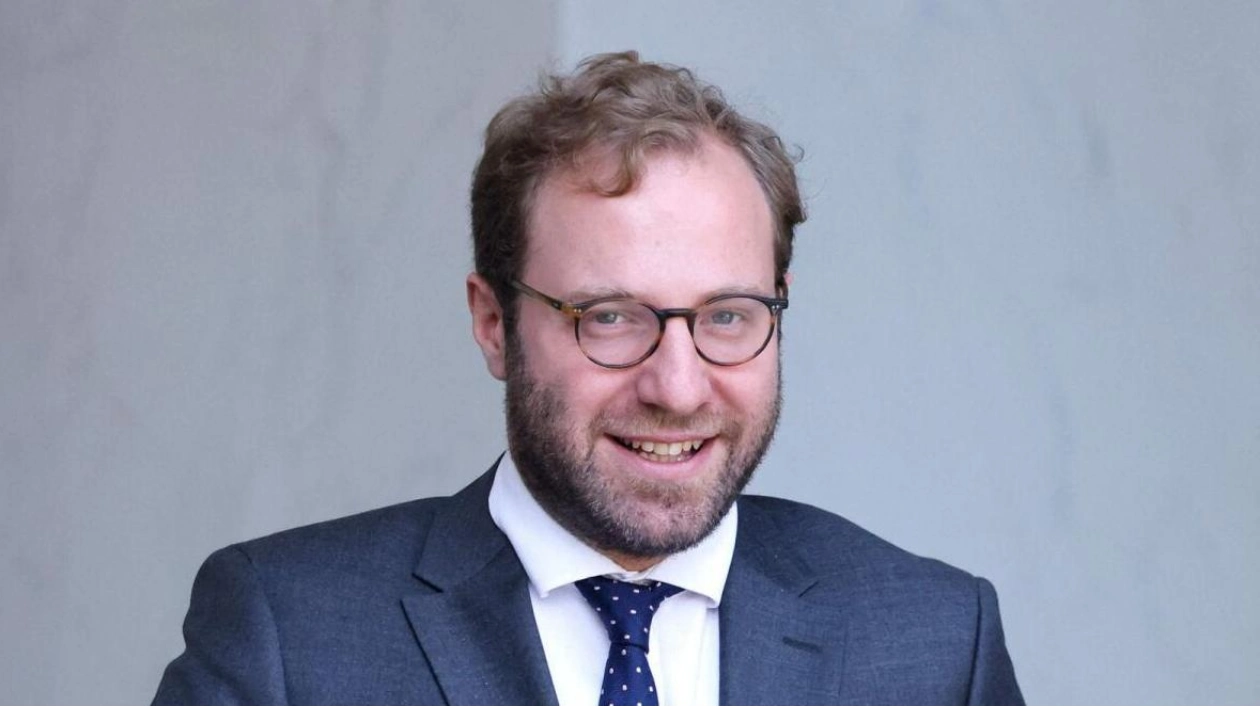France's finance minister pledged on Wednesday that the tax hikes necessary to stabilize the country's finances will be aimed at high-income groups and will be temporary. This announcement came a day after Prime Minister Michel Barnier vowed to address France's 'colossal' debt through spending cuts and new taxes. Antoine Armand, speaking to RTL broadcaster, assured that low- and middle-income earners will not bear the additional fiscal burden. France aims to improve its financial situation by approximately 60 billion euros ($66 billion) by 2025, with the goal of reducing the public sector deficit to 5% of GDP from an estimated 6.1% this year, according to a government source.
About 40 billion euros of the total improvement is expected to come from spending cuts, with the remaining 20 billion from new revenue. This projection is based on an assumed GDP growth rate of 1.1% in 2025, similar to this year's growth. Armand emphasized that once significant spending cuts are achieved, an exceptional and temporary effort will be required from those with extremely high incomes. He assured that income tax brackets for 'those who go to work every day' will remain unchanged. Additionally, 'large and very large companies' will be asked to contribute more in taxes, though Armand ruled out this additional burden lasting for several years.
In his first major policy speech to parliament on Tuesday, Barnier announced that the government's new target is to reach the European Union's deficit limit of 3% of GDP by 2029, two years later than initially planned. He described France's debt, which exceeds 3.2 trillion euros and is over 110% of GDP, as 'the true sword of Damocles... hanging over the head of France and of every French person'. The government source indicated that France's debt could rise to nearly 115% of GDP next year before gradually declining alongside annual deficits. Barnier's cabinet is scheduled to review the 2025 budget proposal on October 10, after which the draft law will be presented to parliament.






